
After 49 years of dentistry, the time has come for me to retire. It has been an honor and a privilege to be your dentist, and I have sincerely appreciated your confidence and trust by allowing me to care for your dental health.
In 2015, I joined forces with Dr. Don McAdams in our current location and have had the opportunity to observe and mentor his practice. His enthusiastic and caring manner is closely aligned with my philosophy of care. I can whole-heartedly assure you that excellent dental care will continue in our current location. Like me, the staff in our practice shares a love for dentistry and are excited to continue serving your dental needs. I am happy to tell you that our current team of dental hygienists will continue to care for you in this practice.
I am committed to facilitating a smooth transition for each and every patient in our practice and thus, I will be staying onboard until the end of 2024. The team and I have worked hard behind the scenes to make this transition seamless, and having 9 years of experience working with my successor has made it that much easier. I know you will be pleased to continue your dental care in our practice and that you will extend our team the same courtesy and loyalty that you have afforded me over these many years. If you would like to learn more about my successor and the rest of our team, you are invited to visit our office website at www.mcadamsdental.com.
Thank you for your trust, confidence and friendship! I hope to see you again before the end of the year!
Warm Regards,
Michael J Gibbons, DMD

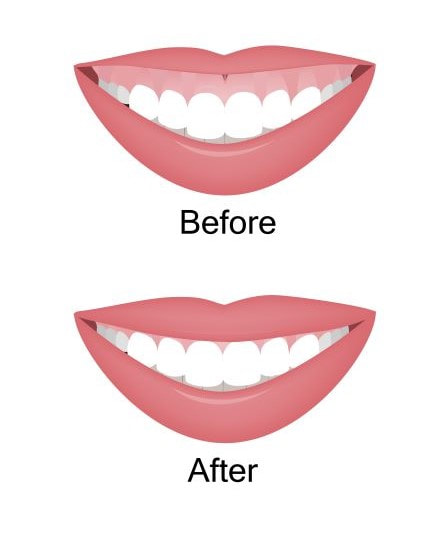


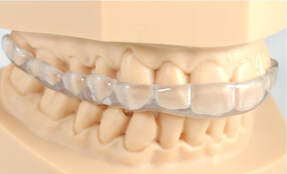
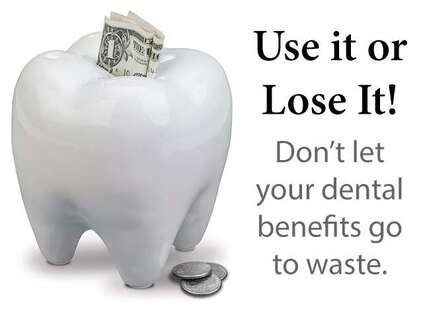
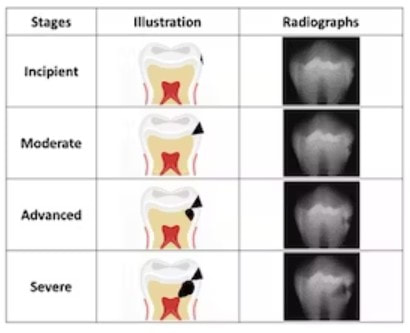
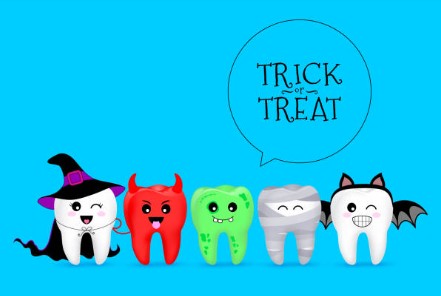
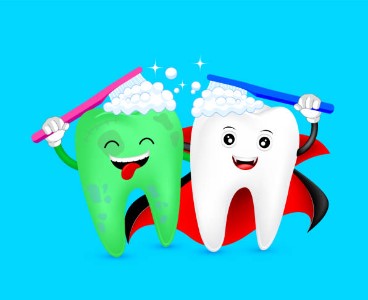

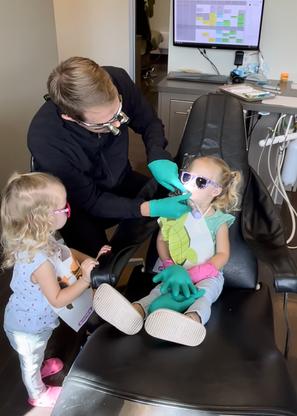
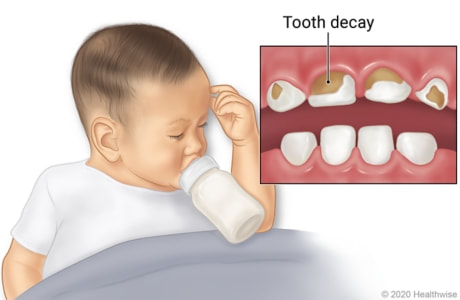

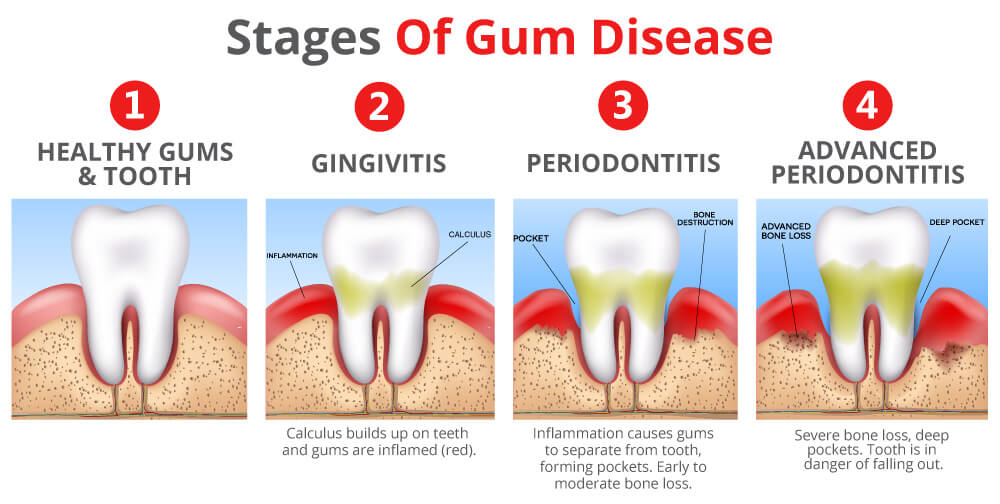
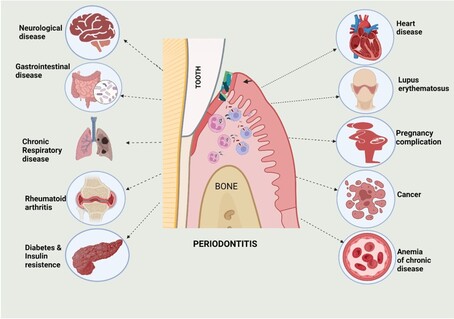
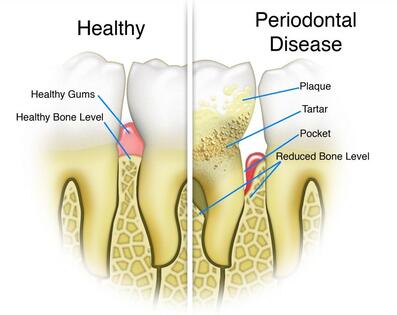
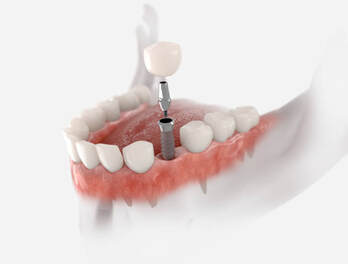
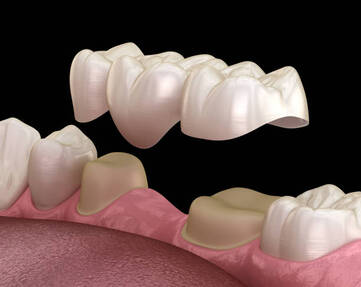
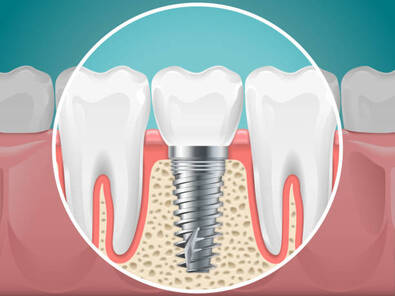
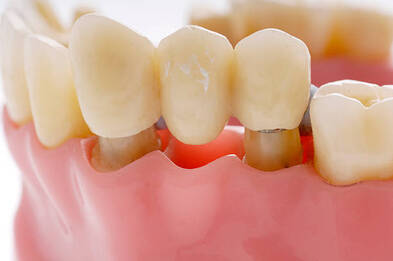
 RSS Feed
RSS Feed